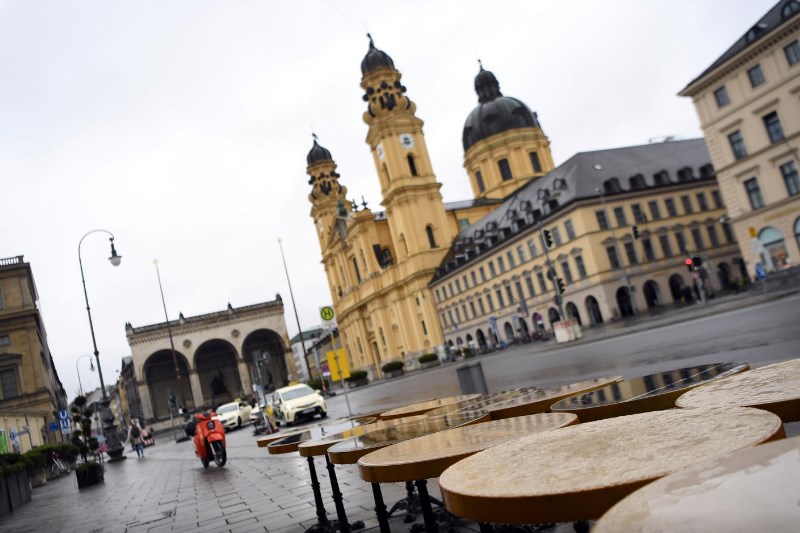German Recession Draws Nearer as Factory Orders Slumped in September
2022.11.04 04:43
[ad_1]

© Reuters
By Geoffrey Smith
Investing.com — Germany lurched closer to recession on Friday as new data showed to the key manufacturing sector slumping by an alarming 4.0%.
That was their sixth decline in the last seven months and the biggest decline since March. Analysts had expected a more gentle drop of 0.5%.
That left order volumes down 10.8% from a year earlier, albeit statistics office Destatis said the September 2021 figure had been exceptionally high due to rebound effects after the pandemic.
“This is a big downside surprise, relative to the consensus, but it is in line with the collapse in the surveys in recent months,” said Pantheon Macroeconomics’ Claus Vistesen in a note to clients.
A survey published earlier this week by the German Chamber of Industry and Commerce (DIHK), which covered 24,000 companies, showed that 52% expect their situation to get worse over the next 12 months, while only 8% expect it to improve. That was the most negative skew since the DIHK began its survey in 1985.
Vistesen noted that it wasn’t even possible to put the blame for the September collapse on volatile big-ticket items.
Domestic orders rose 0.5% but export orders fell 7.0%. Orders from the Eurozone fell a particularly sharp 8.0%. The decline was sharpest in consumer goods, which fell 7.2%, while capital goods fell 6.0%.
Destatis noted that for the first time in over two years, industry is bringing in fewer new orders than it actually executes, due to the twin factors of falling demand and the easing of supply chain bottlenecks. Even so, nearly two-thirds of German companies are still experiencing problems in sourcing raw materials and intermediate goods, it added.
Others noted that Russia’s war in Ukraine had slowly eaten away at the manufacturing sector’s buffer of order backlogs, which are now down 15% since the start of the year.
“Last week, surprisingly strong GDP growth for the third quarter might have given the impression that the German economy could defy recession,” said ING economist Carsten Brzeski. “This year’s order book deflation, however, sends a clear signal that these signs of hope are illusionary. The long slide into recession continues.”
[ad_2]
Source link








